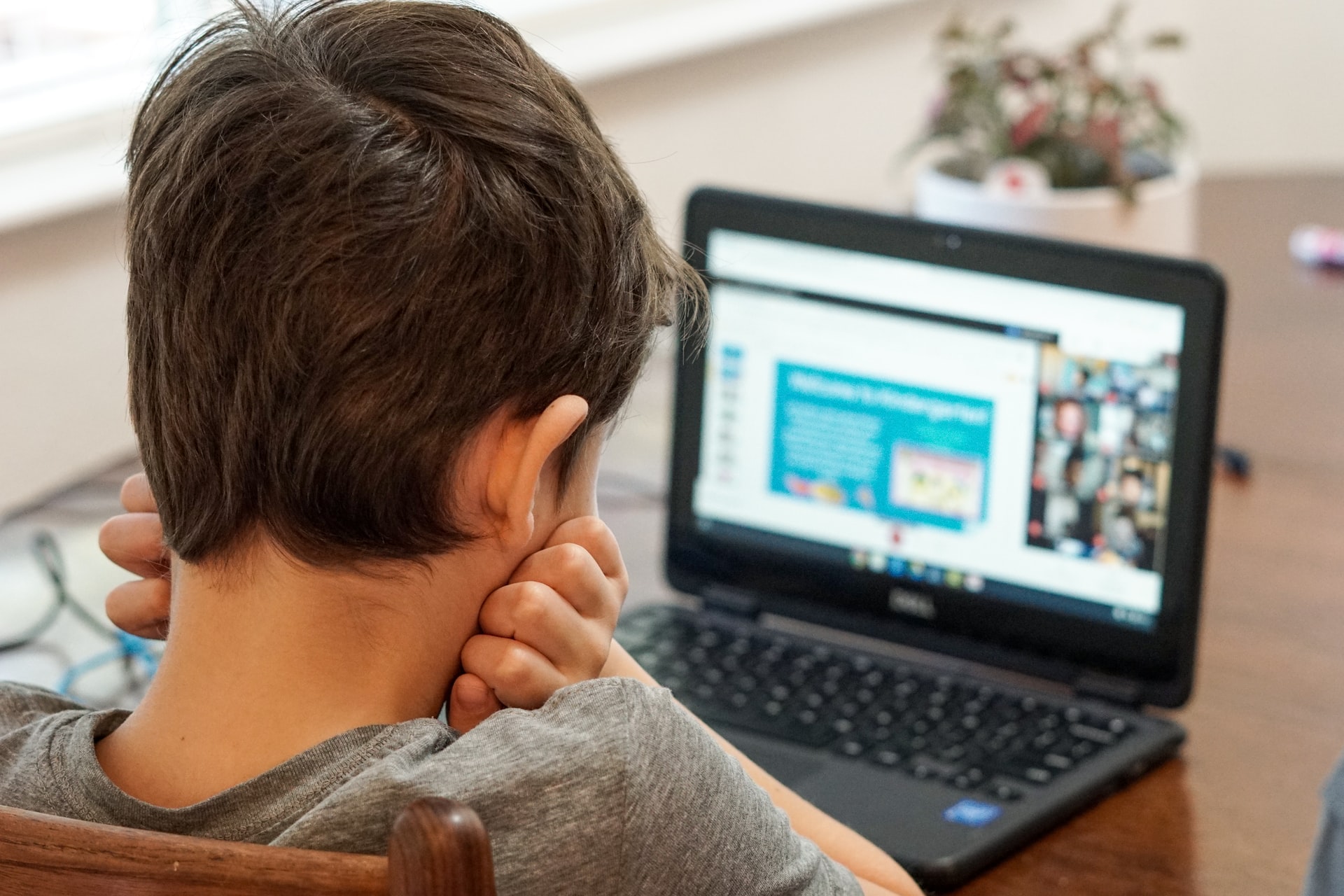Two weeks ago we shared with you families’ general feedback on our School Return During COVID survey. This week we are sharing more about families’ responses to the question: “Are there things you are concerned about related to your child’s education?” Eighty-three respondents described concerns.
Most of the concerns fell into one of five general areas. Those areas of concern and parent comments representing them were as follows (concerns are listed in descending order so the first concern expresses the one most often mentioned):
1. The Safety of Schools, including Schools’ Ability to Implement Safety Procedures
- “The schools are not making informed decisions based on science.”
- “…sanitation of restrooms and lunch areas and proximity of children on the bus.”
- “There are not enough cleaning supplies.”
- “Smaller children are my worst concern. They don’t really understand social distancing.”
2. The Adequacy of Virtual Learning
- “I am concerned my child may lose skills and not gain new skills due to virtual learning.”
- “Structure they won’t get at home because we’re choosing virtual learning – no interaction with peers or teacher help.”
3. The Health of Their Individual Child
- “I’m concerned my child will get very ill and possibly die. What good is an education if they won’t be alive to utilize it?”
- “Worry about the baby getting sick, but there’s nothing you can do.”
- “How important is an education when my child is dead and gone?”
4. General Academic Concerns
- “I’m afraid he will fall behind.”
- “Worried that children cannot focus on learning due to epidemic.”
- “I want my children to have the same education as if there were no COVID-19.”
5. Concerns Related to Disability
- “Is the district going to be effective in my child’s IEP and Behavioral Plan?”
- “They have no idea how they will handle virtual education for those with medical issues.”
Families also expressed concerns about children bringing COVID home to family members and children not being treated equitably when virtual options were chosen (for example, being prohibited from participating in extracurricular activities).
Nobody knows their children better than their families. We urge local and state-level policymakers to make sure their decisions are informed by the feedback of families and students and to include both groups in decisions and decision-making groups as the school year progresses.

